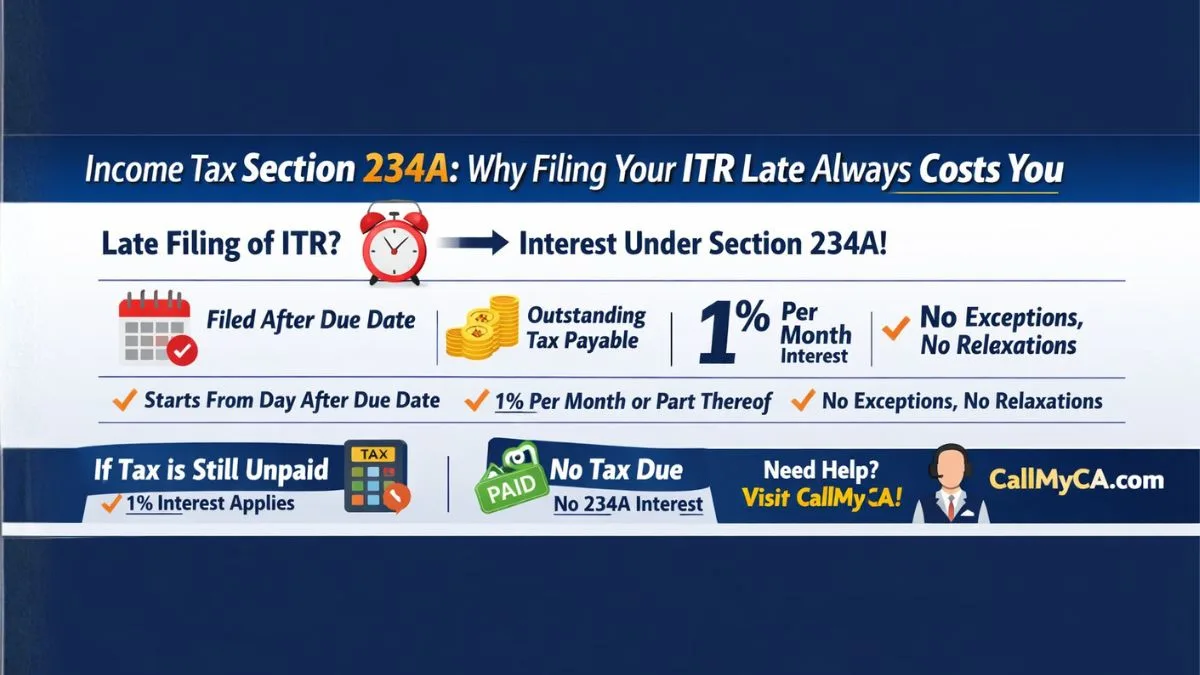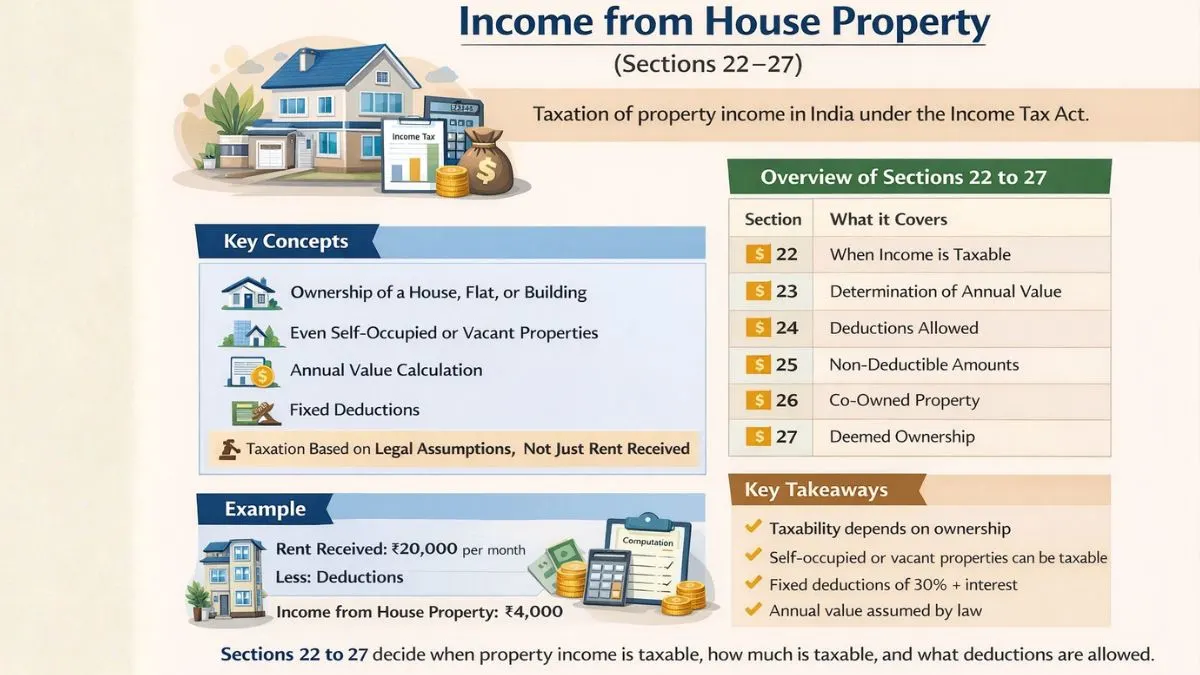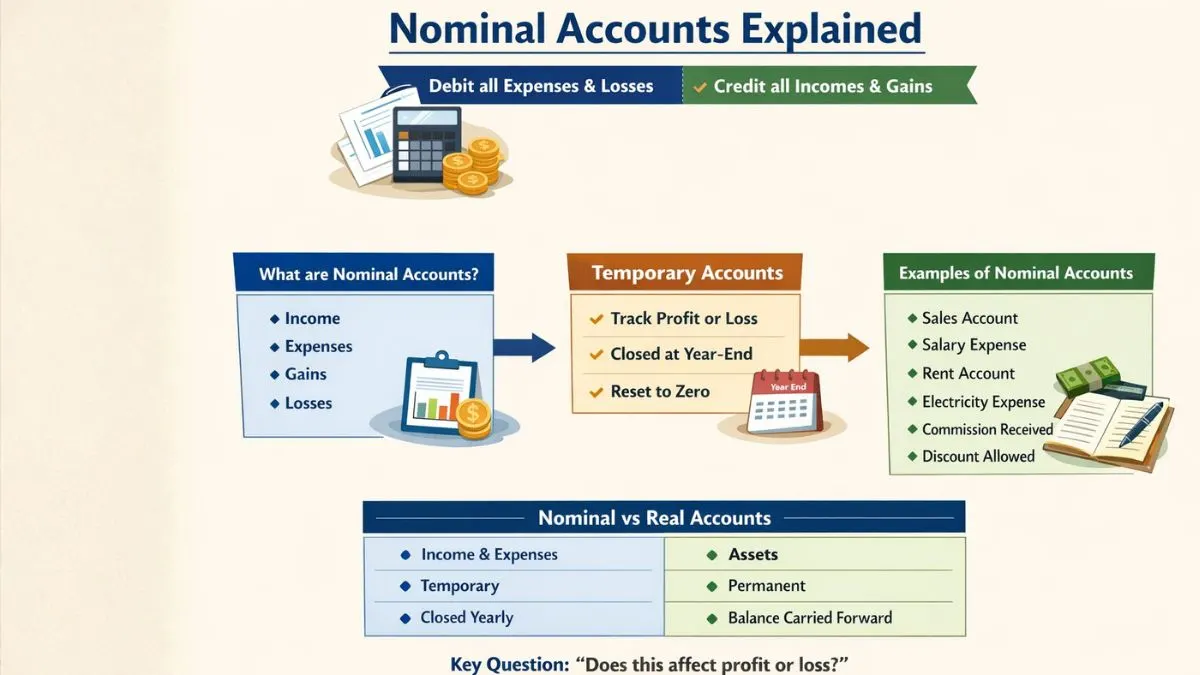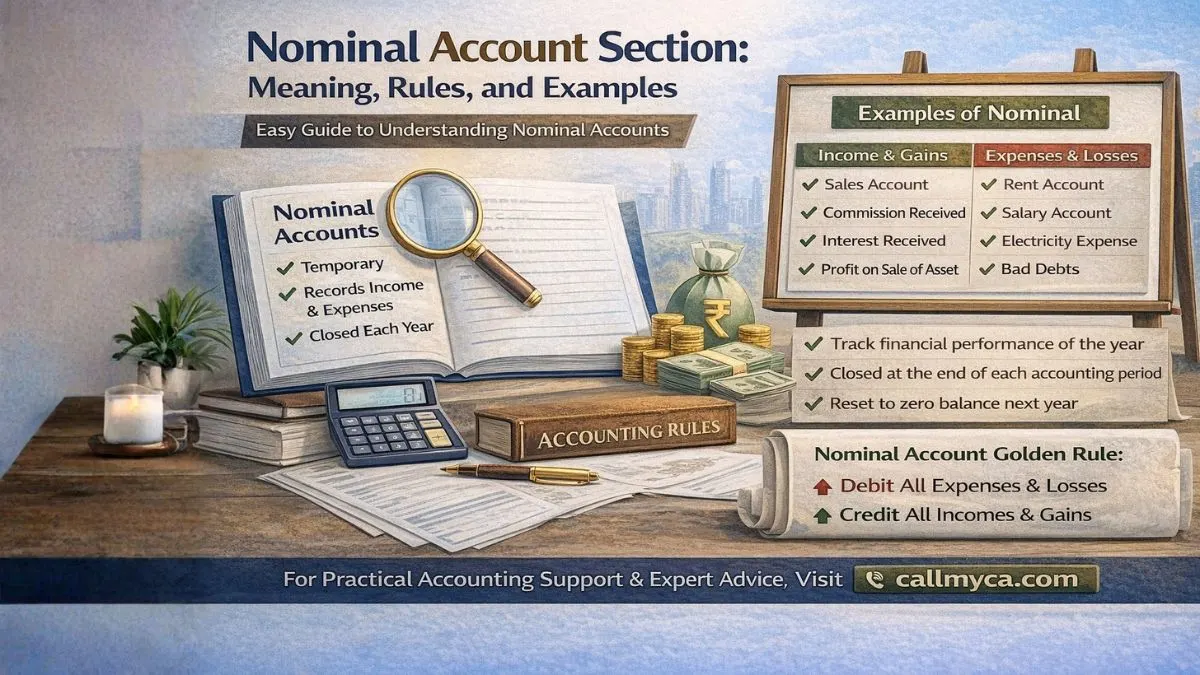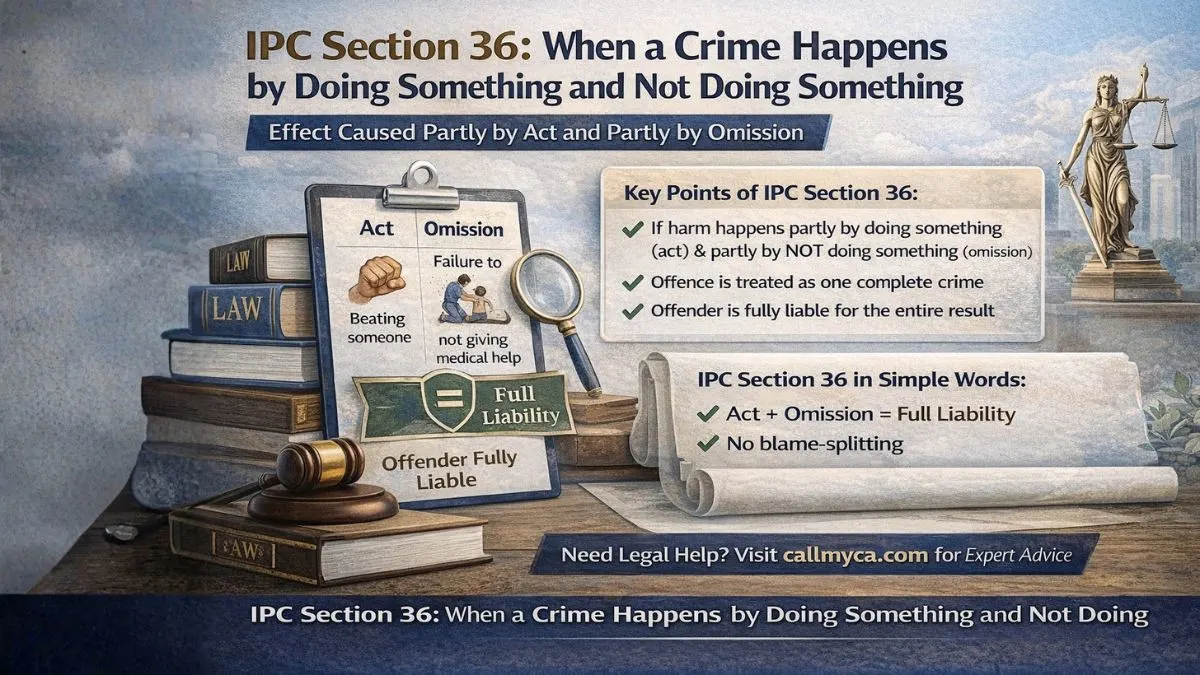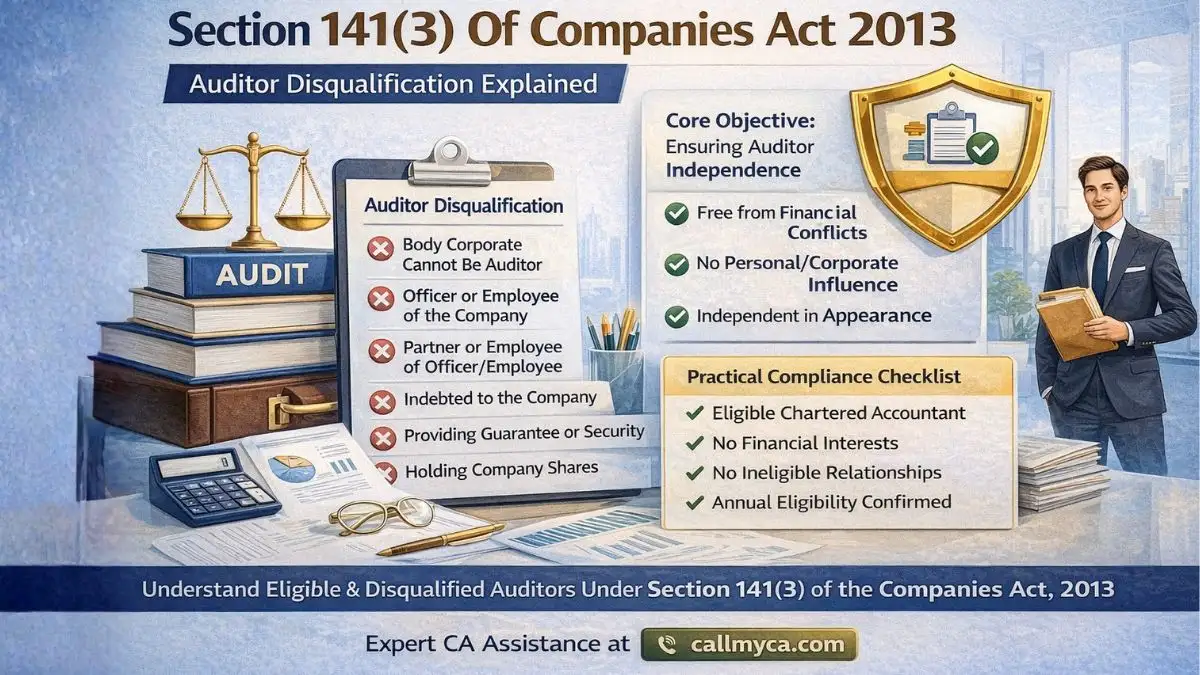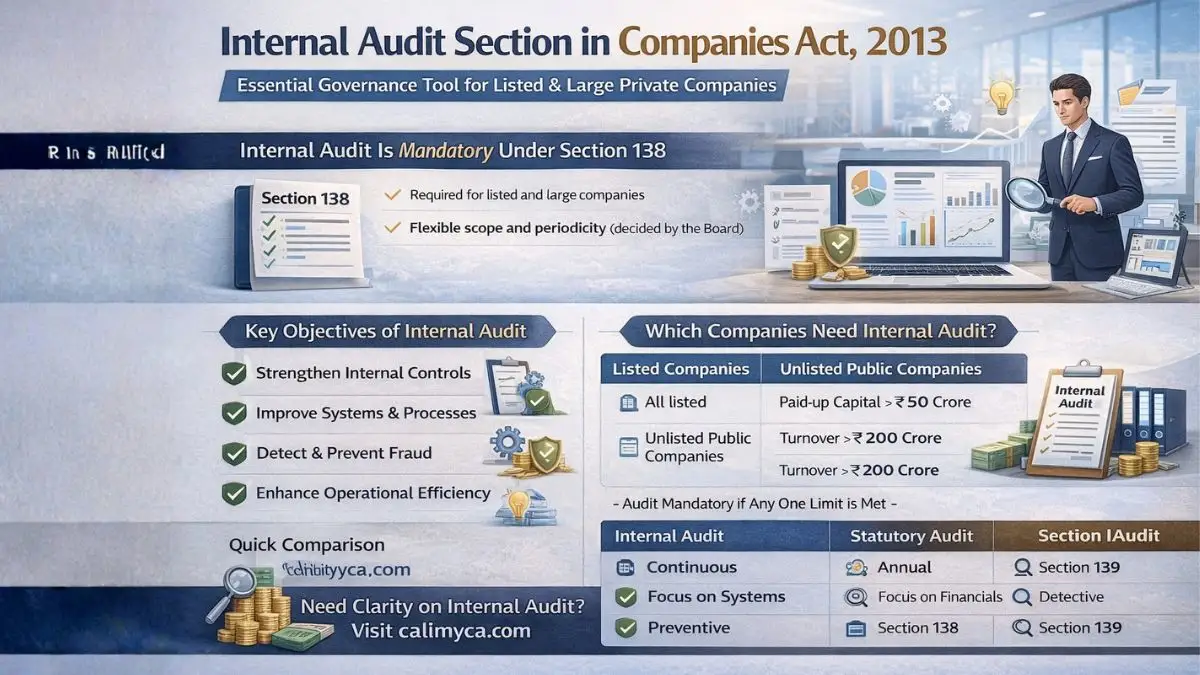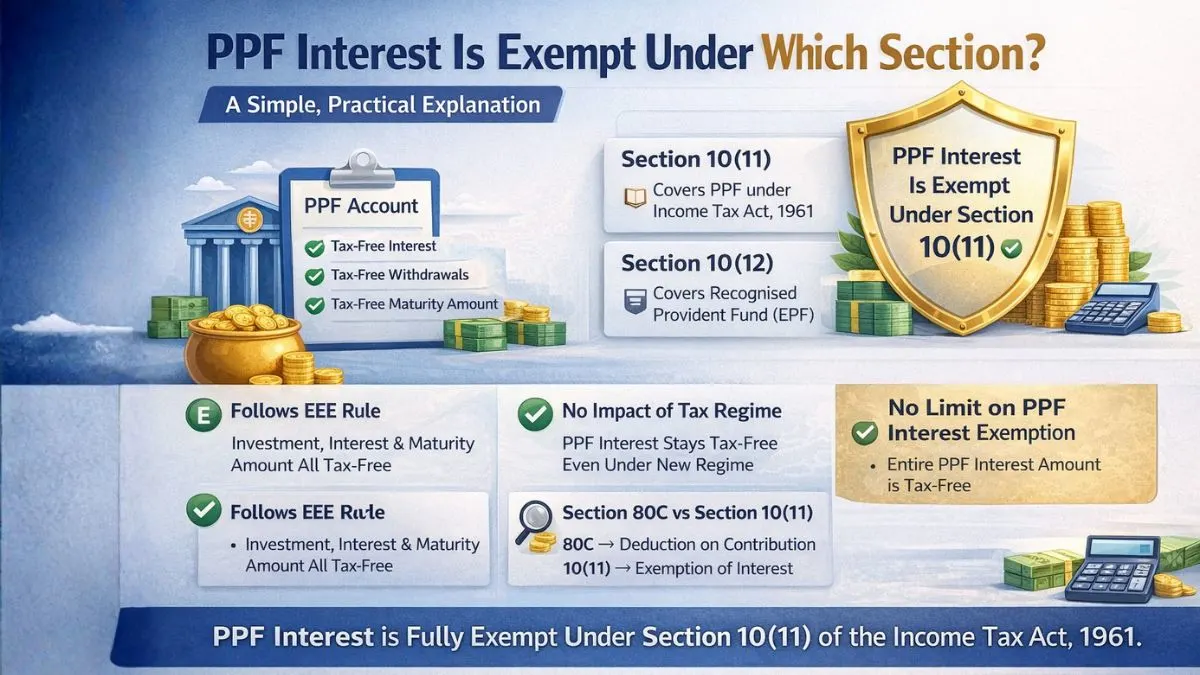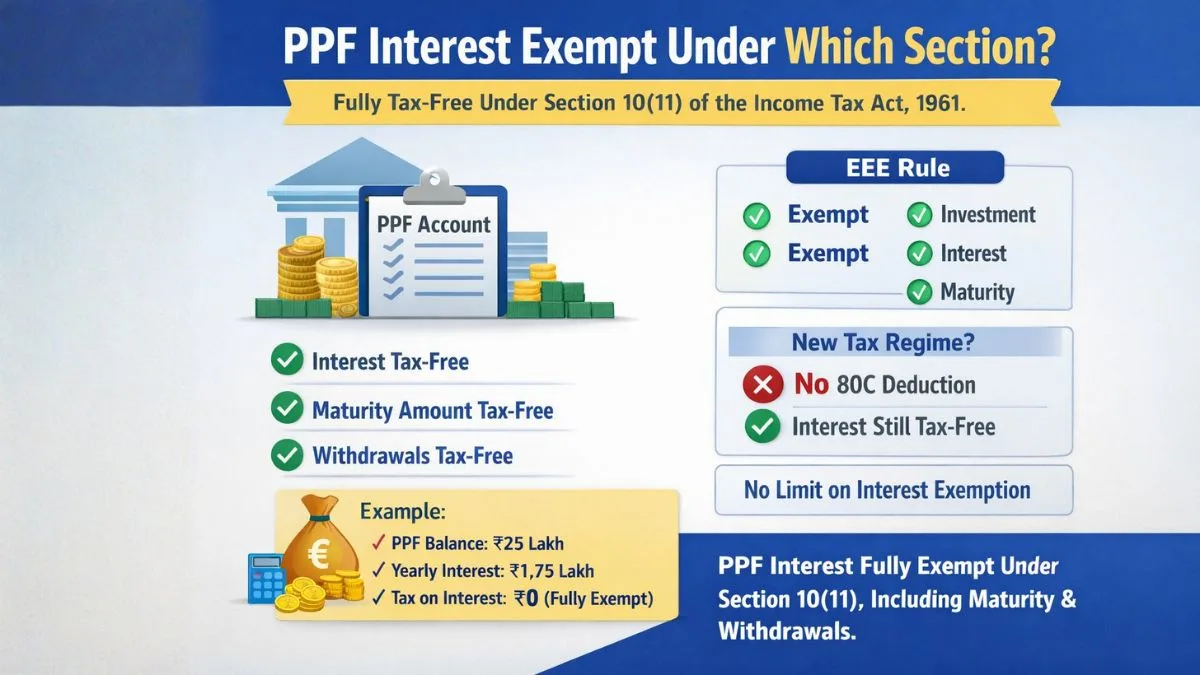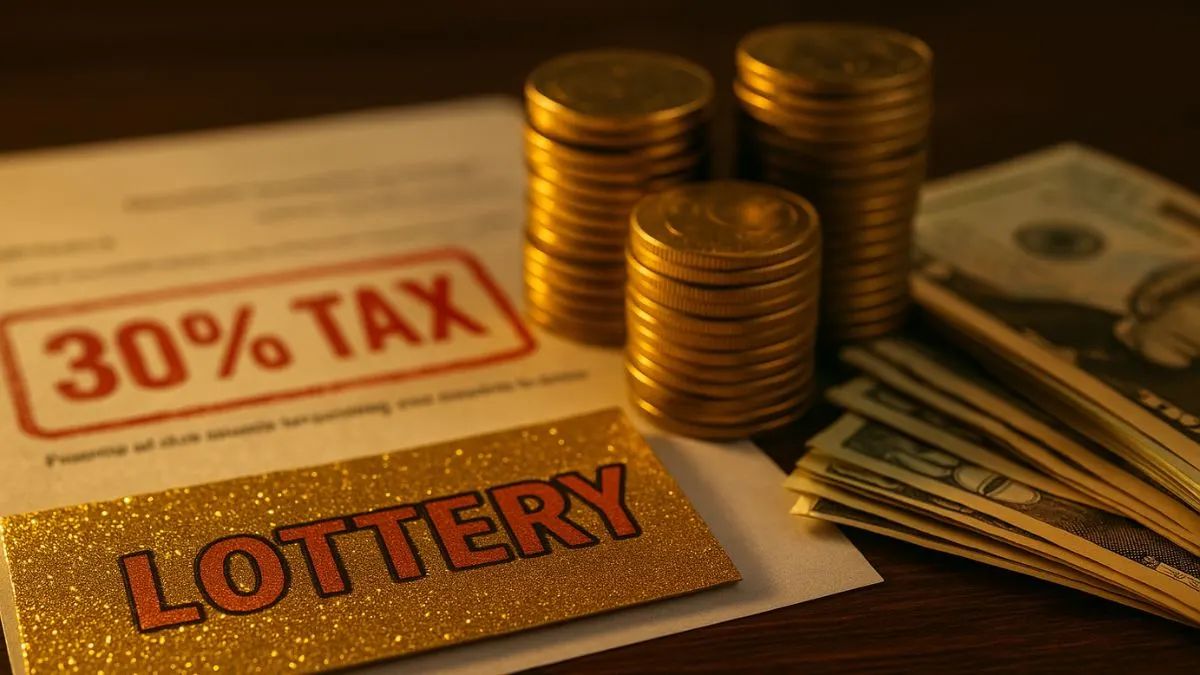
Many taxpayers are often confused about how winnings from lotteries, game shows, puzzles, betting, or races are taxed. While salaries, capital gains, and business incomes have defined slab rates & exemptions, income from such winnings falls under a special category. This is where Section 115BB of Income Tax Act, 1961 comes into play.
Section 115BB imposes a flat income tax rate of 30% on certain types of windfall incomes, regardless of your regular income slab. That means even if your total income puts you in the 5% or 10% bracket, your lottery or prize winnings will still be taxed at 30% (plus surcharge and cess).
This makes it one of the most straightforward but also the most misunderstood sections of the Income Tax Act. Let’s break it down with examples & practical clarity.
What is Section 115BB of Income Tax Act?
Section 115BB of Income Tax Act 1961 deals specifically with the taxation of windfall gains such as:
- Lottery winnings
- Crossword puzzle prizes
- Income from betting, gambling, or horse races
- Game shows, TV contests, and online competitions
- Any similar type of windfall earnings
Unlike salary or business income, these amounts are not taxed at slab rates. Instead, income under Section 115BB is taxed at the rate of 30%. This is a flat tax, and no deductions are allowed against such winnings.
👉 For example:
If you win ₹10,00,000 in a lottery, the tax on such amount received from prize or lottery is payable under Section 115BB at 30%. This means ₹3,00,000 tax cess & surcharge. The remaining is what you actually get in hand.
Flat 30% Tax Rate – No Exemptions, No Deductions
The law under Section 115BB is very strict. The flat tax rate of 30% is applicable irrespective of:
- Your total annual income
- Your tax slab
- Whether you are a senior citizen or not"
- Even if you have deductions under Section 80C, 80D, or 80G
No deductions or rebates are allowed from the winnings income.
👉 Example:
Ramesh, a salaried employee, earns ₹7,00,000 annually and falls under the 10% slab after deductions. If he wins ₹5,00,000 from a TV game show:
- ₹5,00,000 will be taxed separately at 30% under Section 115BB
- ₹1,50,000 will go as tax, irrespective of his salary slab
- No 80C or other deductions will apply on this lottery income
This clearly shows that the government treats such income as a special category to avoid misuse & ensure higher revenue collection.
Also Read: Online Game Winnings Now Heavily Taxed!
TDS Deduction on Lottery and Prize Income
As per Section 194B of Income Tax Act, when you win a lottery or prize above ₹10,000, the organizer is bound to deduct TDS @30% before paying you.
That means you don’t even get the full prize in hand. For example, if your prize is ₹1,00,000, the payer will directly deduct ₹30,000 as tax and pay you only ₹70,000.
You still need to report this income in your ITR under "Income from Other Sources," even though TDS has been deducted.
Example – How Section 115BB Works in Real Life
Let’s take a real-life example to understand better:
A person wins ₹12,00,000 in a state lottery.
- Taxable income under Section 115BB = ₹12,00,000
- Flat tax @30% = ₹3,60,000
- Health & Education Cess @4% = ₹14,400
- Total Tax = ₹3,74,400
So, instead of the full ₹12,00,000, the winner effectively gets only about ₹8,25,600.
This example highlights how windfall income is heavily taxed, & winners often receive much less than they expect."
Why Section 115BB Imposes a Flat 30% Tax
The logic behind this section is simple:
- Such incomes are unexpected and not earned through regular work or business.
- They are windfall gains and hence attract a higher rate of tax.
- The government ensures that people do not misuse exemptions to reduce taxes on such winnings.
Therefore, income under Section 115BB is taxed at the rate of 30%, and there’s no way around it.
Also Read: Taxation on Crypto & Virtual Digital Assets
Historical Background and Changes
When the Income Tax Act, 1961 was introduced, lottery and prize income were considered part of “Other Sources.” However, due to tax evasion and confusion, the government introduced Section 115BB in 1986 to levy a flat 30% tax.
Since then, the section has remained largely unchanged, & the flat income tax rate of 30% continues to apply.
Key Takeaways of Section 115BB
- Applies to lottery, puzzle, betting, and similar incomes
- Flat 30% tax rate, no matter your slab
- No deductions or exemptions allowed
- TDS @30% deducted at source under Section 194B
- Must still be reported in ITR under “Other Sources”
- Cess and surcharge apply in addition
Common Questions About Section 115BB
1. Can I claim 80C deduction on lottery income?
❌ No, deductions under Chapter VI-A (like 80C, 80D, 80G) do not apply.
2. Do I need to file ITR if TDS is already deducted?
✅ Yes, you must report it in ITR under “Income from Other Sources.”
3. What if my total income is below taxable limit?
Even then, Section 115BB applies at 30% on lottery/prize winnings.
4. Can I adjust my losses against lottery winnings?
❌ No, losses from business, capital gains, or any other head cannot be set off against income taxed under Section 115BB.
Also Read: Deductions in Income Tax: A Complete Guide to Save More
Conclusion
Section 115BB of Income Tax Act 1961 ensures that windfall gains like lotteries, puzzles, & prize winnings are taxed at a flat 30% rate. No matter your slab, the tax on such amount received from prize or lottery is payable under Section 115BB. This makes it one of the most rigid but clear tax provisions.
If you ever win a lottery, game show, or similar prize, remember that the government will take away a big share in taxes before you even see the prize money.
👉 Want to make sure you file your returns correctly and save yourself from penalties? Our experts at Callmyca.com can help you manage taxes smartly. Don’t risk mistakes—consult professionals today!

